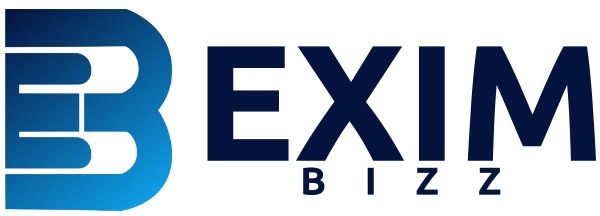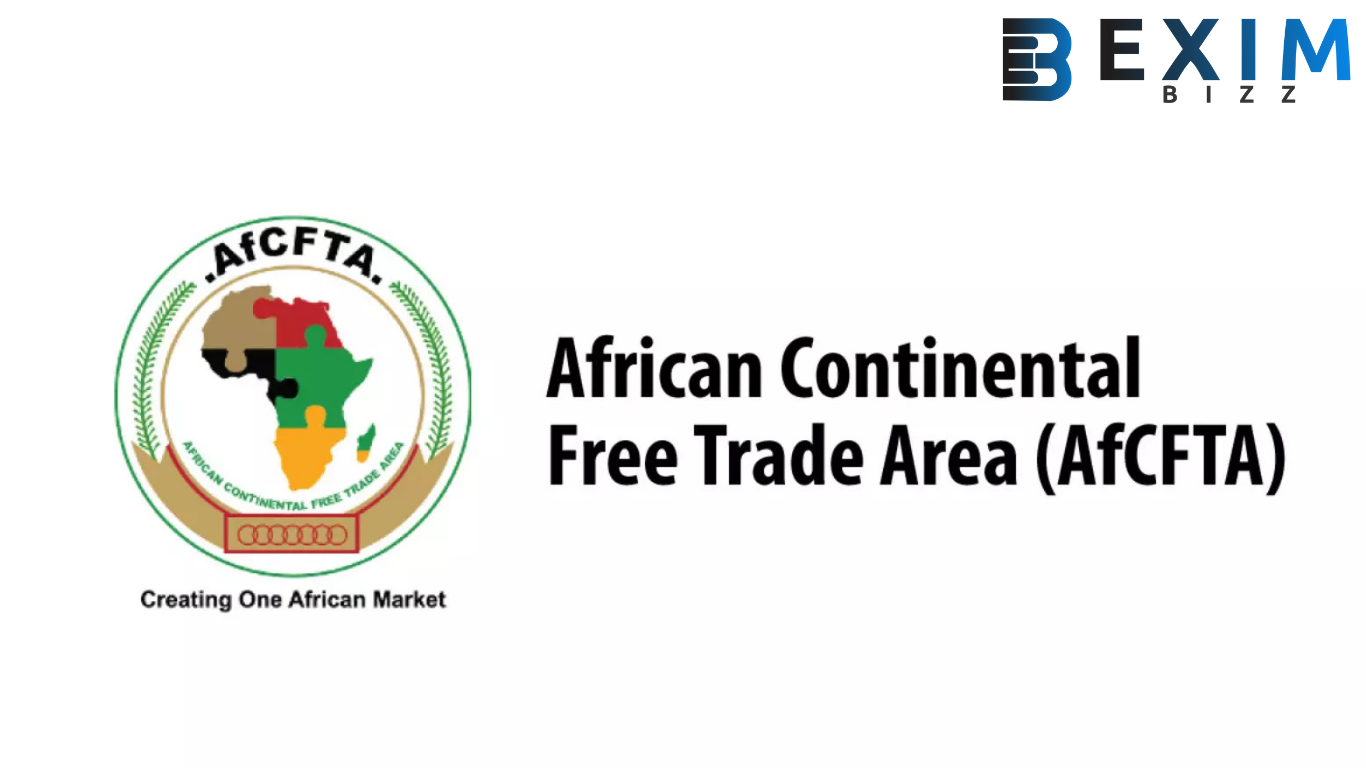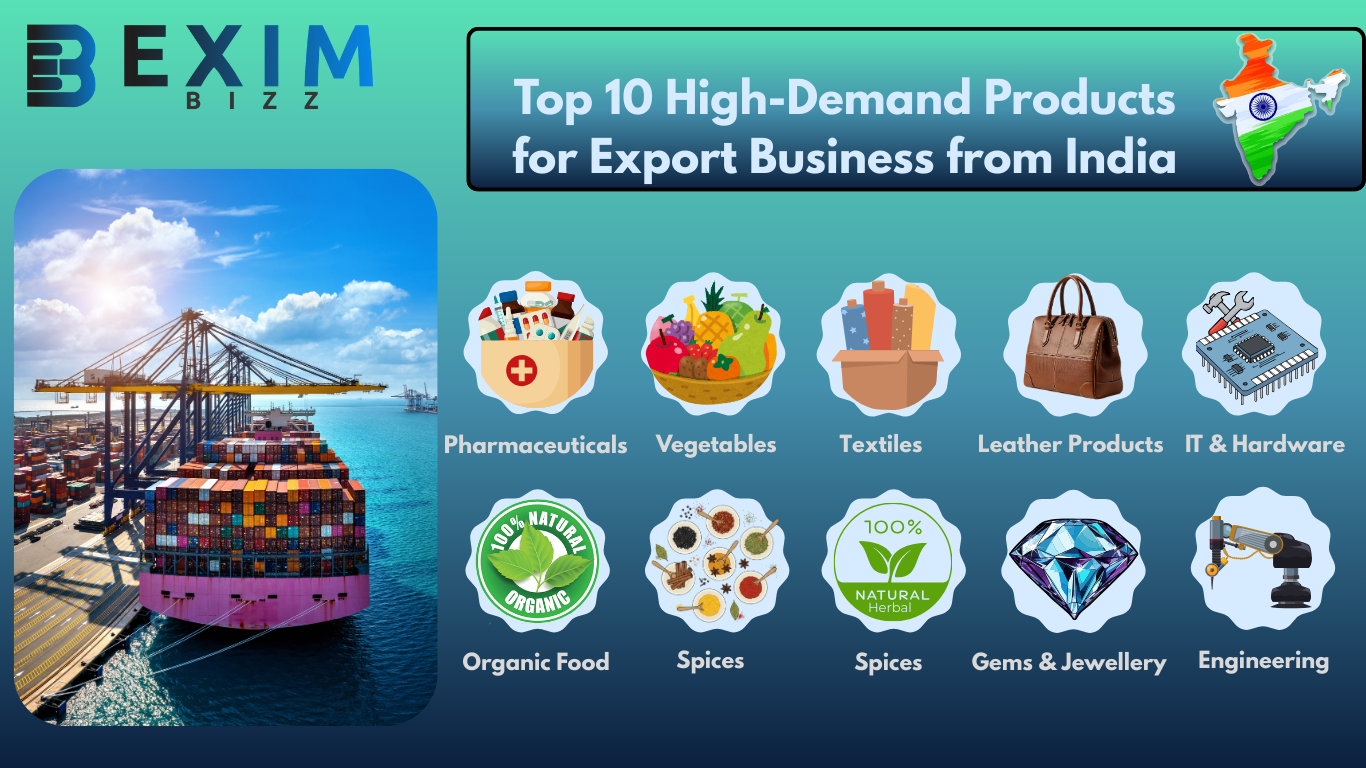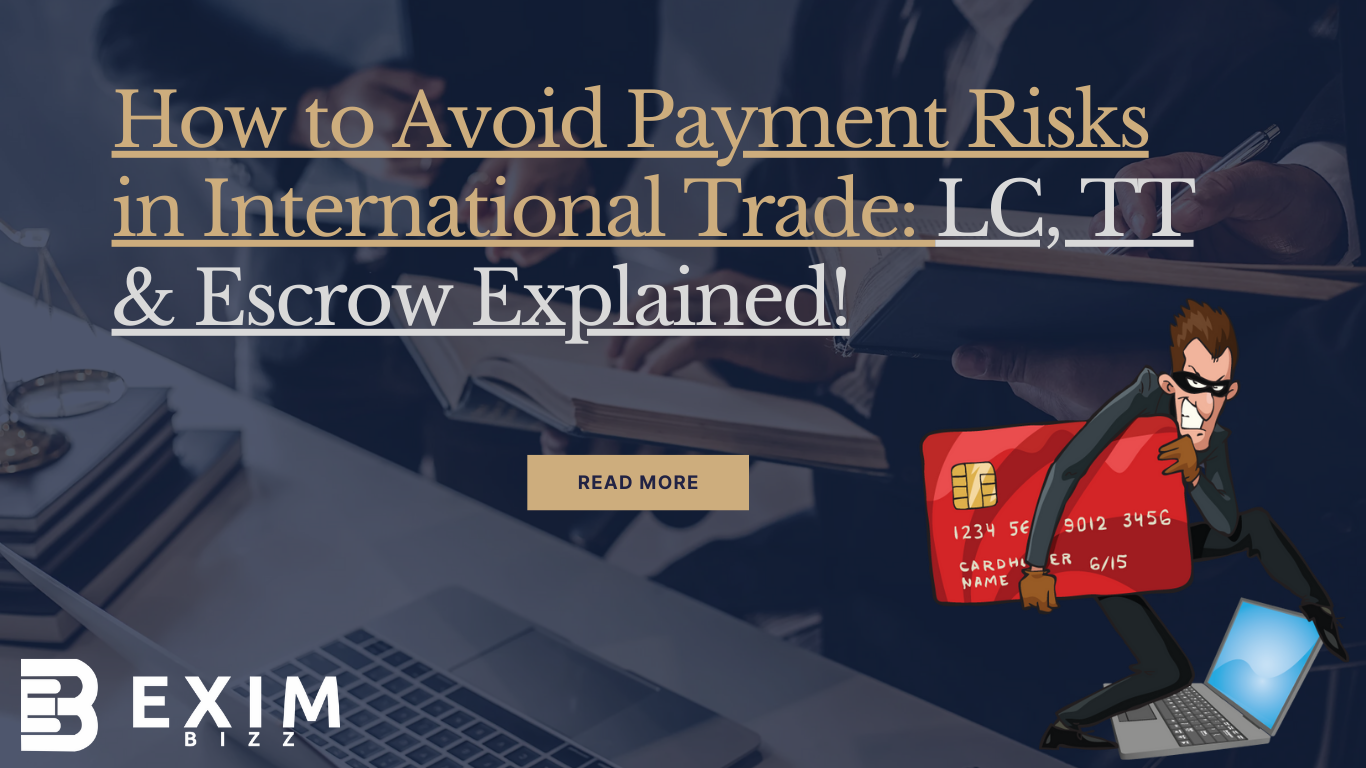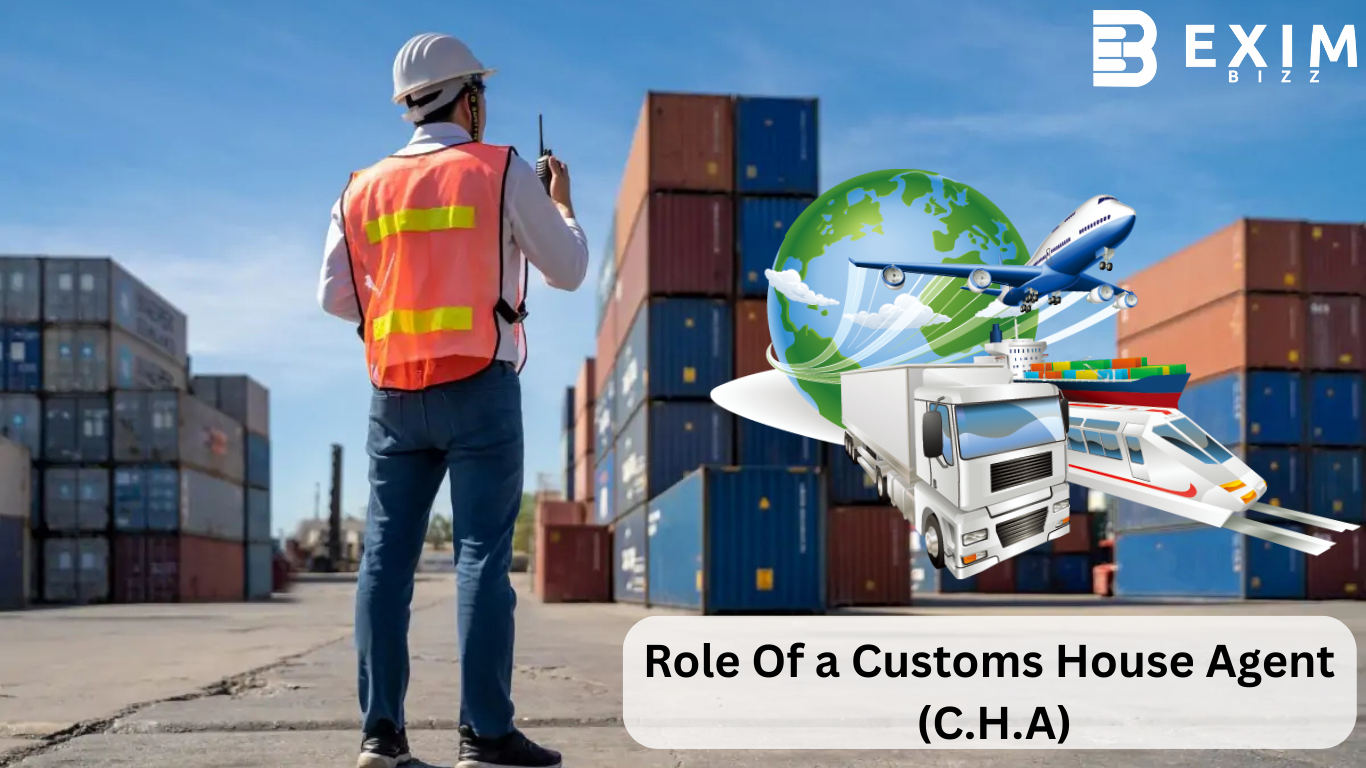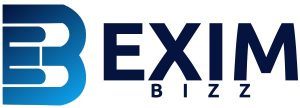As Africa moves closer to realizing its vision of a unified and prosperous continent, the African Continental Free Trade Area (AfCFTA) is emerging as a game-changer for regional trade. At the heart of this economic transformation lies a simple but powerful document: the AfCFTA Certificate of Origin.
Whether you’re an exporter, importer, or small business owner looking to tap into new markets across Africa, understanding this certificate could be your ticket to reduced tariffs, faster customs clearance, and greater competitiveness.
Let’s dive into what the AfCFTA Certificate of Origin is, why it matters, and how your business can benefit from it.
🔍 What Is the AfCFTA Certificate of Origin?
The AfCFTA Certificate of Origin (CoO) is an official document that certifies that goods in an export shipment originate from a member country of the African Continental Free Trade Area.
Think of it as a “passport” for your goods — proving they were made, grown, or substantially transformed in an AfCFTA country. This certification allows exporters to claim preferential tariff treatment when shipping goods to other participating African nations — often meaning zero or reduced import duties.
With 55 African Union member states having signed the AfCFTA agreement, and over 40 actively trading under its rules, the Certificate of Origin is fast becoming a must-have for any business engaged in intra-African trade.
🎯 Why Is the Certificate So Important?
Without a valid Certificate of Origin, your goods may be subject to standard (most-favored-nation) tariffs, which can be significantly higher than the preferential rates offered under AfCFTA. But with the right certificate, you gain access to:
Lower or zero tariffs on eligible products
Faster customs processing
Greater market access across dozens of African countries
Increased competitiveness against non-African imports
In short, the CoO isn’t just paperwork — it’s a strategic tool for growth.
📄 What Information Does the Certificate Include?
While the exact format may vary slightly by country during the transition phase, the AfCFTA CoO typically includes:
Exporter and importer names and addresses
Description of the goods
HS (Harmonized System) code
Quantity and value of the shipment
Mode of transport and route
Statement of origin criteria met (e.g., “Wholly Obtained” or “Change in Tariff Classification”)
Authorized signature and official stamp from the issuing body
The AfCFTA Secretariat is also rolling out a digital Certificate of Origin platform to make the process faster, more secure, and fully traceable.
✅ How Do Goods Qualify for the Certificate?
Not all goods automatically qualify. To be considered “originating,” your product must meet AfCFTA’s Rules of Origin. These include:
Wholly Obtained or Produced
Goods entirely grown, mined, or harvested in one country (e.g., Kenyan coffee, Zambian copper).
Change in Tariff Heading (CTH)
The product undergoes enough processing to change its HS code classification from its raw materials.
Regional Value Content (RVC)
At least 40% of the value must be added within AfCFTA countries (or 30% under diagonal cumulation between certain regions).
Specific Processing Requirements
Certain goods must undergo defined manufacturing steps within member states.
These rules ensure that only genuine African-made products benefit from the free trade agreement.
🛠️ How to Apply for the AfCFTA Certificate of Origin
The process varies slightly from country to country, but generally follows these steps:
Determine Eligibility
Check if your product meets the AfCFTA Rules of Origin using official guidelines or tools.
Gather Required Documents
This may include commercial invoices, packing lists, proof of manufacturing, and tax registration.
Submit Application
Apply through an authorized body — such as your national customs authority, chamber of commerce, or designated AfCFTA focal point.
Receive and Use the Certificate
Once issued, present the CoO to the importing country’s customs officials to claim tariff benefits.
💡 Pro Tip: Many countries are moving toward electronic issuance (e-CoO). Stay updated with your national trade agency to go paperless and speed up trade.
🌍 Real-World Benefits: Why African Businesses Should Care
Let’s say you’re a textile manufacturer in Ghana exporting cotton fabric to Uganda. Without the AfCFTA CoO, you might face a 15% import duty. But with the certificate, that duty could drop to 0% — making your product more affordable and competitive.
Similarly, a Moroccan spice exporter can use the CoO to enter the Nigerian market more easily, while a Kenyan agri-business can scale up exports to South Africa with reduced barriers.
The ripple effects?
→ More jobs
→ Stronger regional supply chains
→ Greater industrialization
→ A truly integrated African economy
⚠️ Challenges and How to Overcome Them
Despite its potential, challenges remain:
Lack of awareness, especially among SMEs
Delays in issuance due to manual processes
Differences in national implementation
Limited digital infrastructure in some regions
But solutions are underway:
The AfCFTA Secretariat is training trade officials and private sector stakeholders.
The digital CoO platform will streamline verification and reduce fraud.
Regional economic communities (like ECOWAS, EAC, SADC) are aligning their systems with AfCFTA standards.
📢 Final Thoughts: Don’t Miss the AfCFTA Opportunity
The AfCFTA is not a distant dream — it’s a present reality reshaping African trade. And the Certificate of Origin is your key to unlocking its benefits.
Whether you’re shipping processed foods, textiles, machinery, or handicrafts, taking the time to understand and use the AfCFTA CoO can save you money, expand your market, and position your business at the forefront of Africa’s economic transformation.
👉 Action Steps for You:
Contact your national AfCFTA focal point or customs office.
Learn the Rules of Origin for your products.
Start preparing your documentation for CoO applications.
Explore new markets across Africa with confidence.
🔗 Useful Resources
UNCTAD AfCFTA eLearning Portal
Your national Ministry of Trade or Customs Authority
Africa is open for business — and with the AfCFTA Certificate of Origin, your business can lead the way.
Let’s trade more, grow together, and build the Africa we want.
